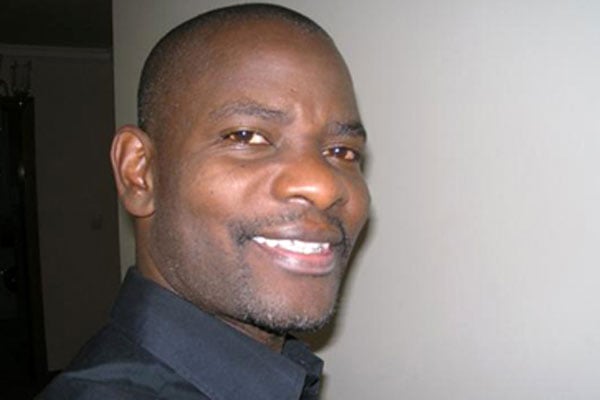Prime
The truth about money we sometimes pretend not to see

Author: Musaazi Namiti. PHOTO/FILE
What you need to know:
- Sit in church for a couple of hours and you will see offertory baskets being passed around. The money in the baskets, religious leaders tell worshippers, is meant for God! Therefore, even God, assuming He exists, needs money.
Ask a Ugandan man working in the searing heat in Dubai or in neighbouring Qatar why he is living there and he will tell you he is looking for money. Turn to a Sri Lankan woman cleaning toilets at Dubai International Airport and ask the same question and you will get the same answer.
Sit in church for a couple of hours and you will see offertory baskets being passed around. The money in the baskets, religious leaders tell worshippers, is meant for God! Therefore, even God, assuming He exists, needs money.
The Kenyan or Ugandan who abandoned a decent professional job back home and is now earning a living as a care worker in Boston or London is looking for money.
How about a Senegalese or a Sudanese migrant crossing the Mediterranean to enter Europe? They are looking for money, just like individuals who put the migrants on the boats to embark on the perilous journey. (Since 2014, at least 20,000 people have died trying to cross the sea, according to the International Organisation for Migration.)
People do all sorts of things to look for money, governments look for money, children who are at least seven years old or older know that money matters. It takes only common sense to see that without money life is unliveable.
The ongoing public debate in Uganda is about how the government will finance its programmes after the World Bank announced it was suspending grants and loans over the draconian anti-homosexuality law enacted by Parliament.
Without cash, the government will be stuck. You would think that since Uganda is a religious country and is fighting homosexuality, which Christians/Muslims call a sin, it can somehow get divine financial aid. But that will not happen. Money comes from people.
Opinion articles I have written over the past two weeks highlighting the crucial role money plays in our lives have been dismissed by some readers, saying money is not everything and that God matters more than money. But the very people who hold this view appeal to the public, not to God, for cash to fly cancer patients to India.
They tell you money is not everything, yet even toothpicks sitting on their dining tables are bought with money.
President Museveni, who has used money and continues to use money to get political support, once said: “If you are not generating income when everything revolves around money, how do you think you will survive?”
Four words in his quote grabbed my attention: everything revolves around money. We see how rich countries meddle in our affairs just because they give us money (grants). They know that money will make them relevant. Sometimes they even fail to address their people’s problems and pour money into Uganda. A good example is the United States, which for years has been spending almost $1b (Shs1.3 trillion) every year on Ugandans when its own people in states such as California are homeless.
Uganda is a sovereign country, but it is sometimes treated like a colony because it does not have money. And beautiful as it is, it will never be influential and powerful without money. There is no country that is powerful because it is poor.
The takeaway for young Ugandans reading my articles is simple: No matter how strongly you believe in God, He will never do anything for you when you do not have money. Nothing! Absolutely nothing!
Mr Namiti is a journalist and former
Al Jazeera digital editor in charge of the Africa desk
[email protected] @kazbuk


